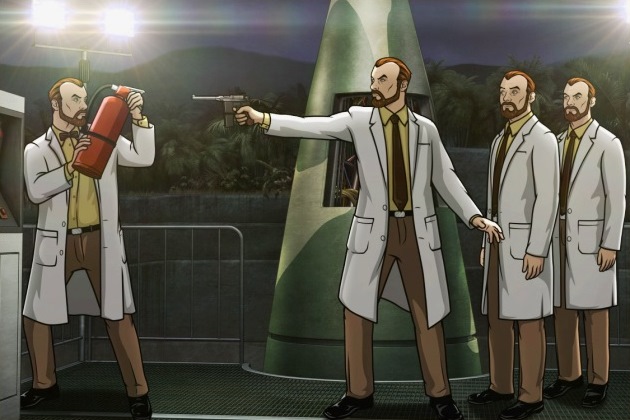Terminally Ill patient: I agree that sometimes ending ones life would be more comfortable or happy for the patient than living. I've always said that if I was ever in a position where I could not live life the way I want than I rather seek death. However, I don't believe this is a physicians job. This is very different from physicians/life or death but try to hear the underlying point: someone loves trees and makes a profession from tree planting. They understand more about trees than most anyone else in the world. Massive amounts of special paper is required from special trees and no one is more qualified to obtain this massive amount of special wood than the tree planter. Should we expect the tree planter to incorporate the chopping of trees in his practice simply because he's an expert on trees? It is not his job, it is not why he chose his job, it is the sole purpose he began his job in the first place to grow trees, not cut them.
What I'm getting at is I'm not saying it's wrong that some people chose death over life or that death shouldn't be warranty if the patient chooses, I'm asking why should we force a physician to sleep at night knowing he/she killed someone, whether it was against their will or not. Taking a life can be an extremely traumatizing ordeal, even when the taking of that life is justified. This is why we often see our troops come home with PTSD, not because they consider themselves murderers or because they did something wrong. They know they had to kill to defend their life or the life of an innocent but the act of taking someone's life or giving someone the means to take it (calling in airstrikes) can haunt that person forever and ultimately destroy their life. Personally, I do not want to be haunted by that as a physician. If another physician can do it and help ease someone's suffering and feels it is the right thing to do, good on them, that's great. But as for me, I will not be using my future medical license to end a person's life. I see nothing wrong with physician assisted suicide, but I feel with such a tremendous act that arguably is not even the physician's job, the doctor should definitely have a say in it because this effects them as well as the patient and family.
And as for the abortion question, I am definitely considering the 14 yo girls position as well. With an OB patient, whether 1 week pregnant or 38, I believe you're dealing with 2 patients, two equal human lives. I come to my conclusion by the same process I used in my earlier post: preserve life first, better quality of life second. My job is to preserve both lives, 14 yo girl and 1 week old unborn. Therefore, taking one life in order to better the quality of another is against what I believe is fair and just for both patients.
If a 15 yo girl came in with a child who was already born and told you she has no family support, her life is miserable and she can't take care of herself or the baby, would you end the baby's life to better the 15 yo pt? Absolutely not. When one believes life begins at conception (which a lot of people do), one sees the unborn life just as they see the born. We are to be the patient advocate, even if the patient doesn't have a voice of their own.
Good questions, I hope my answers give you some insight into my thought process and I respect any disagreements you may have.

